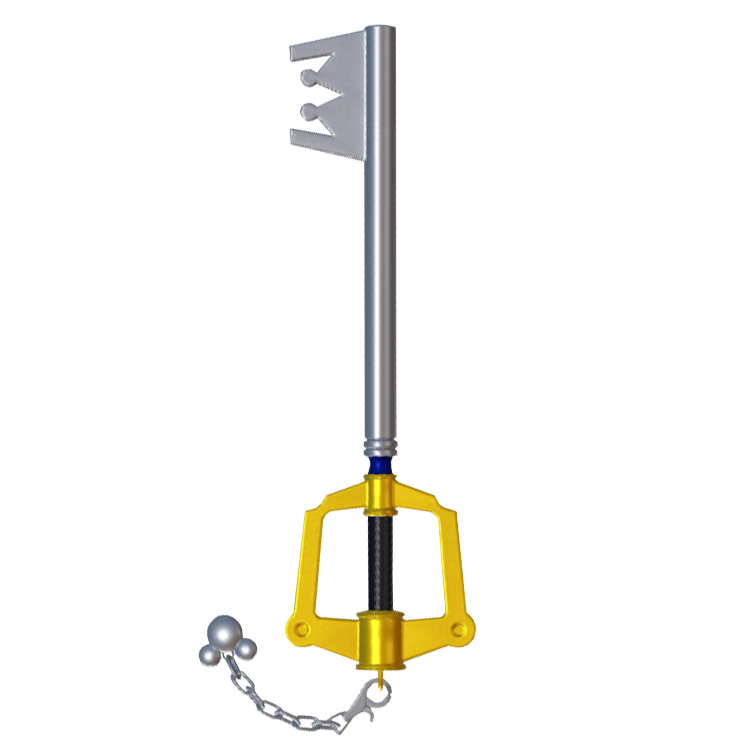-
CDC Study Ordered by Obama Contradicts White House Anti-gun Narrative
No guns on schools! Except the ones guarding my daughters, of course. I never get Obama-logic, that whole new category of logic that is devoid of... logic.
-
Economics questions
I joined the forum to check on KH speculation and theorizing and found this. In love with you all. So, on to the questions. I will try to explain my points of view as well as I can. 1- Minimum wage hurts low income families awfully. In the very short term - like, immediately as those policies are taken into effect - the effects might seem benefitial. Just enough for governors to get support and perhaps even come back to office later blaming his opponents when the bad consequences of his actions start showing up. In my understanding: labor market is also, well, a market. It can only be fully effective (maximum employment and productivity at the lowest costs) if supply meets demand. That means the prices (wages) for those services must adjust and be neither higher nor lower than the needs of the market. When government intervenes and raises those prices artificially, less employment turns up across the economy. Adding inflation into the mix makes it even more chaotic. Taking it one step further, that's exactly the logic behing unions. They push their wages higher than normals levels. Amazing for union workers, but the less skilled workers pay for that distortion. Less employment... 2- This one is hard. If things can effectively be made much cheaper somewhere else, they probably should be, as it will bring less expensive goods to US citizens. In fact, lowering costs of production might help raise the overall real wages and living standards. It can help the country concentrate on higher paying jobs, moving low paying ones to less developed places with suitable conditions for them. I think we should instead question how can manufacturing something half across the world still be cheaper than doing it locally, specially if we are talking about a resource rich country. Too high nominal wages and regulations, for example, can water down the competitive advantages of US workers. 3- No, mostly because I believe the market can do that fine. But let's say we are going to regulate. The regulators must know exactly what this fair price is, and not just guess. If they guess higher, a minimum price, people are getting less goods while some privileged sellers get more than they should. A forced shortage of demand. They guess lower, a maximum price lower than market price, then we have shortages of supply, as producers can't afford to sell at the lower prices too long and have to reduce their output and employ less people. So, I think it's always bad, because it's impossible to know what a price should be, and it can only be determined by the thousands/millions of market agents collectively. There's that last case, when we raise prices for greater good, such as raising alcohol prices to reduce consumption. I don't like that view much. 4- Better, but I don't think we can always tell wether or not people act motivated by mere greed, or rather a very subjective self-interest. We have this knack for satisfying ourselves first, so we can satisfy others after that. It can drive businesses to serve and produce massively, for the joy of their customers. Nowadays it just seems to drive businesses to Washington, however. 5- Yes. Still I don't think we can tell wether not a certain act was rational, as that seems very complex and subjective to me. I think that so long as people have knowledge on the consequences of their actions (which is frequently very hard), they won't purposely act against their interests. That doesn't mean people act exclusively for their own good, but I tend to view helping others as a way to help ourselves too. I mean, if you get very happy when acting for someone else's good, you are also benefiting, even if not materially. I hope I could express myself nicely, good luck with the homework.
View in the app
A better way to browse. Learn more.





